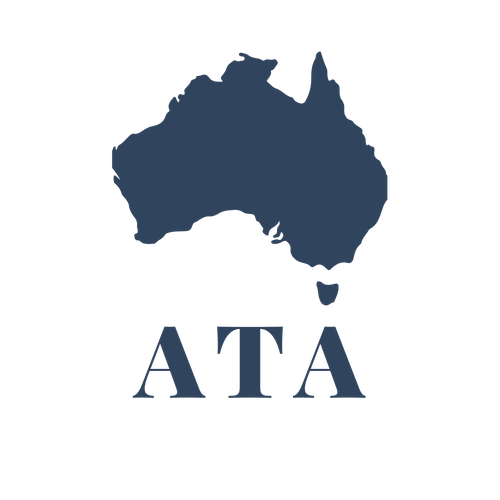Why you’re probably paying more than 50 per cent of your income in tax
The government may not know how to build a working national broadband network, but they do know how to covertly collect ever more money from Australians. This July, taxpayers will begin paying an extra $7.10 each month to the government for their internet. Because someone needs to pay for that $51billion NBN mess.
Unfortunately, the internet tax is just the bow on top of a very large tax package. According to a recent report by the European Policy Information Center (Epicenter), Australians in the top tax bracket spend more than 54 per cent of their income on taxes.
For starters, we pay the government 41.6 cents for every litre of fuel they buy to get to work or go about their business. Proponents for the fuel tax claim the government needs the money for road infrastructure but, in reality, 75 per cent of the $15 billion collected in fuel taxes goes to general revenue. The rest goes to those shiny new speed cameras so adept at fining drivers and paying the pencil pushers at Roads and Maritime Service collecting rego fees.
For every dollar Aussie’s spend, they must pay 10 cents in GST. Then there are the goods the government has singled out for special ‘sin’ taxes on top of GST. If beaten down taxpayers want to drown their sorrows after watching the government siphon away their earnings, they must pay even more in alcohol taxes. An $8 standard beer would only cost $4.50 without the alcohol tax.
There is no such thing as a tax-free threshold. Consumption taxes cost everyone, no matter their income, the same amount with each purchase. Though in reality poorer Australians, who are more likely to smoke, drink, drive older cars, and live in areas without NBN, pay more in sales and sin taxes.
All this before the government taxes an individual’s income. After two weeks of labour, most Australians hand over between 32.5 and 45 per cent of their paychecks to the government. That person then has to spend another two per cent on the Medicare Levy and 10 per cent on superannuation. While super officially belongs to the taxpayer, that is money employers would otherwise hand over to workers in cash.
Eventually, if an individual manages to escape the paycheck-to-paycheck rut, they then must consider taxes on savings, investment, and land.
When it is all said and done many hard-working Australians put in $100 worth of labour for only $46 or less in pay.
While most like to imagine high power executives in shiny air-conditioned corner offices paying their fair share of tax, in reality it’s the miners, construction workers, diesel mechanics, and other labourers who are forced to give up over 50 per cent of their income to the government. Most tradies make more than $90,001 a year and many make over $180,001, putting them in the top two tax brackets.
Workers sweating through 40 degree days doing risky hard labour deserve every dollar they earn. A worker who burns the midnight oil at the office deserves his whole pay raise not less than half of it. Workers earn high salaries for a reason.
Politicians should spend less time creating a hologram of fairness and more time putting money back into the pockets of workers doing their best to climb the socioeconomic ladder. Taxes on the “rich” are often just taxes on industrious workers.
Aussies in all fields and at all socio-economic levels suffer from Australia’s excessively high tax rate. Even former Labor Prime Minister Paul Keating objected to taxing over 50 per cent of someone’s earnings. Such a high real income tax rate substantially suppresses the economy by disincentivizing work.
Redistribution of wealth does not work, because rational people won’t work indefinitely for less than they deserve. The Epicenter report showed ex-communist countries, having learned from their mistakes, tax the highest earners substantially less than neighbouring countries. If pollies don’t stop inventing creative new taxes like the internet tax, the Australian government will learn the same brutal lesson.
It is easy to overlook the many small taxes Australians pay every day. While another $7.10 on top of your internet bill may not feel too bad, remember Aussie’s are boiled frogs slowing watching their income slip into government pockets. Every tax, however small or supposedly fair, is that much money skimmed off the top of your dwindling earnings.
This article appeared in the Spectator on 19 December 2019.
